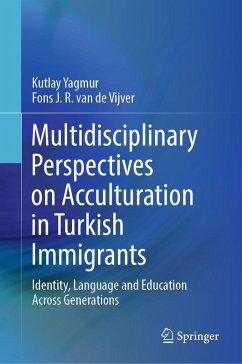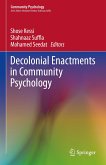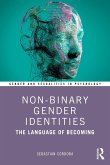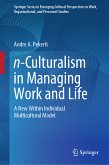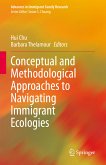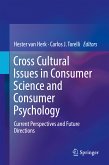Kutlay Yagmur is Professor of Language, Identity and Education at the School of Humanities and Digital Sciences, Tilburg University, the Netherlands. He teaches courses on language learning and socialization, communication studies, intercultural communication and research methods. Yagmur has published around 200 articles in international journals and books mainly in the domain of sociolinguistics. His principal research interests are bilingualism, family language policy, language maintenance and shift, language policy, language use, language education, multilingualism, acculturation, research methodology, and testing and evaluation. He is a well-known sociolinguist working on Turkish immigration issues. He has coordinated a number of internationally known projects, e.g., Multilingual Cities Project and Language Rich Europe project, and is editorial board member of the journals Language Culture and Curriculum (Taylor & Francis), International Journal of the Sociology of Language (Mouton de Gruyter), and Area Editor for Turkish of Linguistic Minorities in Europe (Mouton de Gruyter). Yagmur is member of the Dutch Science Foundation (NWO) Veni panel to evaluate project submissions.
Fons van de Vijver holds a chair in cross-cultural psychology at Tilburg University, the Netherlands and an extraordinary chair at North-West University, South Africa, and the University of Queensland, Australia. He is also senior researcher at the Higher School of Economics in Moscow, Russia. He has (co-)authored about 550 publications, mainly in the domain of cross-cultural psychology. The main topics in his research involve bias and equivalence, psychological acculturation and multiculturalism, cognitive similarities and differences in the cognitive domain, response styles, translations and adaptations. He has presented keynotes and invited lectures at various conferences and workshops in various countries, and is one of the most frequently cited cross-cultural psychologists in Europe. He has received grants from various Dutch institutions (such as NWO and WOTRO), the European Union (Marie Curie), the South African Netherlands Research Programme on Alternatives in Development, and the South African National Research Foundation. He is member of the following professional organizations: International Association for Cross-Cultural Psychology, International Association of Applied Psychology, European Association of Psychological Assessment, International Academy for Intercultural Research, and the International Test Commission. He is the former editor of the Journal of Cross-Cultural Psychology, and serves on the board of various journals; he has evaluated manuscripts for about 150 journals as ad-hoc reviewer. He has been vice-dean for research and vice-dean for education of his faculty and vice-director of Babylon, the interdisciplinary research center for studies of multicultural societies at Tilburg University. He is a former president of Division 2 (Assessment and Evaluation) of the International Association of Applied Psychology, the European Association of Psychological Assessment, and Past-President of the International Association for Cross-Cultural Psychology. He is the 2013 recipient of the International Award of the American Psychological Association (for contributions to international cooperation and to the advancement of knowledge of psychology) and the 2014 recipient of the IAAP Fellows Award (of the International Association of Applied Psychology for contributions to applied psychology) and the 2014 Sindbad Award of the Dutch Psychological Association (for contributions to intercultural psychology).

